How do you start capturing life stories in a hospital? Here are some reasons WHY it is a great idea and HOW it can work...
A Life Story Program can Help You Reach Key Goals:
REDUCE LONELINESS AND INCREASE COMPANIONSHIP -- Social isolation and loneliness is a major health risk, worse than chronic illnesses or substance abuse. LifeBio makes visiting with older people easier by using their own life stories as a conversation starter and connection point. Volunteers in a hospital setting could certainly spend 30 minutes or even 1 hour visiting with someone (many spend hours just sitting alone during their recoveries--or with bored family members who could be helping with the story gathering process).

A Life Story Program can Help You Reach Key Goals:
INCREASE HEALTH, a sense of wellbeing, and overall quality of care – addressing mind, body, and spirit. Reminiscence has been found to increase satisfaction with life and overall happiness. Addressing mental health needs is important when healing is occurring physically.
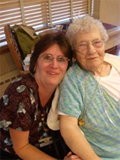

TREAMLINE CARE TRANSITIONS --- ensuring everyone knows more about the whole person. See a Sample Digital LifeBio
REDUCE LONELINESS AND INCREASE COMPANIONSHIP -- Social isolation and loneliness is a major health risk, worse than chronic illnesses or substance abuse. LifeBio makes visiting with older people easier by using their own life stories as a conversation starter and connection point. Volunteers in a hospital setting could certainly spend 30 minutes or even 1 hour visiting with someone (many spend hours just sitting alone during their recoveries--or with bored family members who could be helping with the story gathering process).
INNOVATE WITH THOSE WHO HAVE MEMORY LOSS -- Do more for those who face cognitive challenges. Go beyond drug trials for patients with Alzheimer's or other forms of memory loss.

MAKE BETTER VISITS HAPPEN - Increase access of seniors to youth, adult volunteers, and family members. More intergenerational interaction affirms lives and gives seniors an opportunity to teach and inform the next generation, sharing wisdom and lessons learned through the years.
INDIVIDUALIZE CARE -- Seeing the person more holistically can only improve quality of care and the person’s experience in a health care or senior care setting. Gathering the biographical data to personalize care more is made easy with LifeBio
. 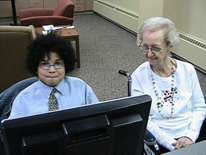

RECORD THE LEGACY - Ensure the life story is told – the legacy is captured for all time for the person and their family. The priceless memories of this unique individual should not be lost or forgotten. Impress family members and other caregivers with your appreciation of this person’s life.
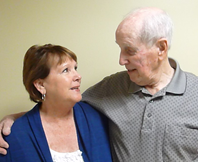 Why the Legacy Matters Video
Why the Legacy Matters Video
 Why the Legacy Matters Video
Why the Legacy Matters VideoHow LifeBio Works
Become a LifeBio Authorized Organization. LifeBio offers monthly or annual license agreements that include access to LifeBio’s technology, training, and free technical support. LifeBio is typically offered in senior living and health care settings including: continuing care retirement communities, nursing homes, assisted living, memory care communities, hospice, home and community-based care settings, and in hospitals. Call 1-866-LIFEBIO or email info@lifebio.com or visit www.lifebio.com/health
About the LifeBio Approach
LifeBio can be offered in a variety of “high tech" and “low tech" ways depending on your access to technology and based on participants’ preferences. Here are just a few ways that LifeBio is made available within organizations like yours:
Web – Gain premium access to www.lifebio.com for your organization’s participants. Any web-based PC, laptop, or tablet can be used. The senior and/or his family, staff member, or volunteer can access LifeBio.com to build a short “Story" (in as little as 30 minutes) or a long “Biography" using LifeBio’s easy-to-use online biography templates. Photos, videos, family history data and more can be added and stored inside LifeBio. Information can also be viewed or printed on demand, to make the life story available for staff, family, or others to learn more about the whole person.
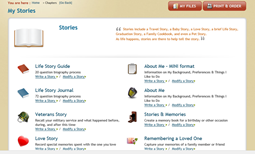

App – Record videos of the senior sharing his or her life story using the LifeBio Studio iPad app (and soon the app will be available for both Windows Mobile and Android as well). If typing or writing isn’t a good option, the LifeBio app now makes it easy to just speak the story and have it saved into the “LifeBio Cloud" for safekeeping and viewing later. LifeBio Studio prompts the participant to share their story with a variety of templates to video record more about his or her childhood, school days, work experiences, family relationships, and more.
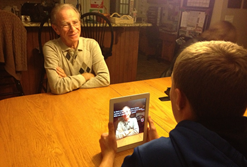

Journals – LifeBio’s "low tech" options such as journals give a variety of formats for capturing life stories in writing. The "Life Story Guide" takes the biography a step further with 20 essential questions to know more about the person’s background and experiences. For those who may want or need a more detailed process, the “Life Story Journal" or the “Memory Journal" are used with active seniors who may want to work in a group and take a LifeBio 101 class together. Group LifeBio 101 classes promote engagement and companionship, helping build stronger relationships between seniors as they learn more about each other. As a LifeBio Authorized Organization, LifeBio will even assist in typing information into www.lifebio.com from the book format.
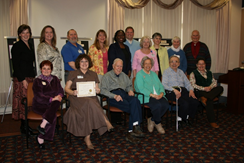

Memory Care Tools – LifeBio’s “About Me" template on the web is a very simple way to learn more about a person immediately upon engagement or move in. Family members can complete this simple “About Me" bio using the private and secure LifeBio website. This non-clinical tool for gathering the life story helps to build a relationship and helps professional caregivers and nursing staff to see the whole person. LifeBio also provides MemoryBio, a specialized approach for visiting with those who have mild cognitive impairment, Alzheimer’s Disease, or other related dementias. MemoryBio offers a photo-based way to reminisce using over 200 photos covering 35 themes of everyday life. MemoryBio also includes easy-to-pose questions to generate discussions. MemoryBio Journals are available to record new information learned during 1:1 or small group discussions.
Call 1-866-LIFEBIO or email info@lifebio.com or visit www.lifebio.com/health
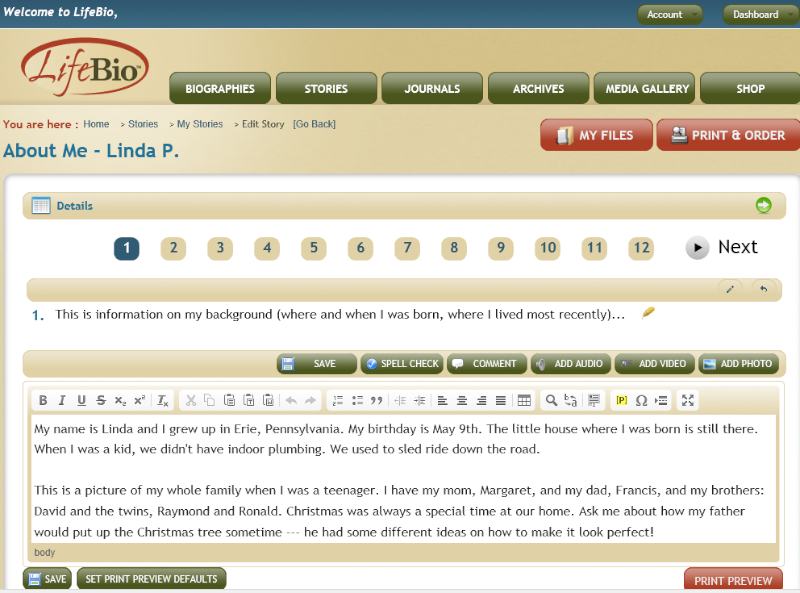
Call 1-866-LIFEBIO or email info@lifebio.com or visit www.lifebio.com/health

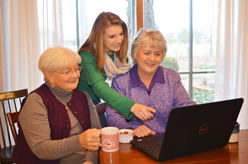
Comments